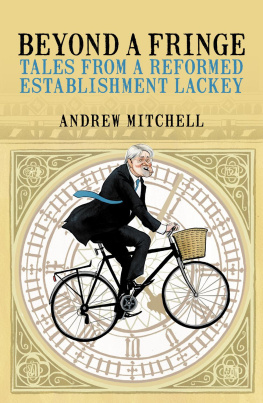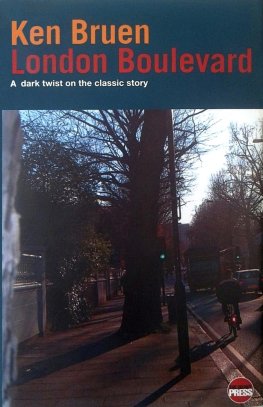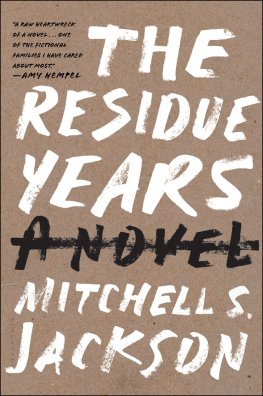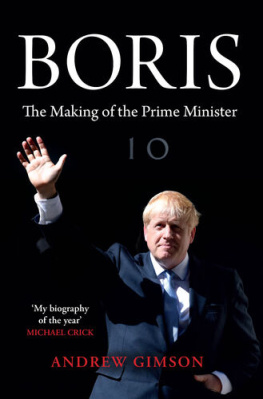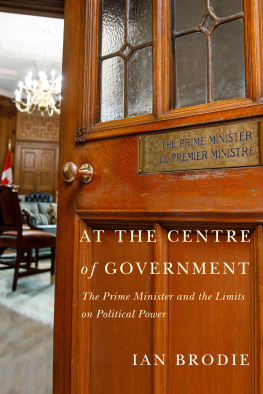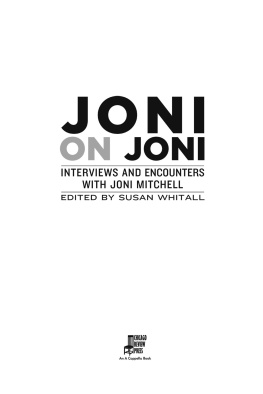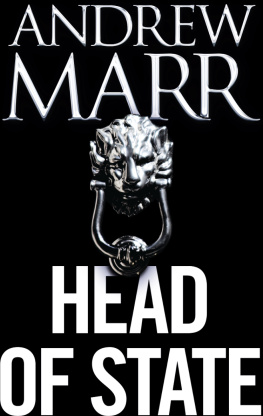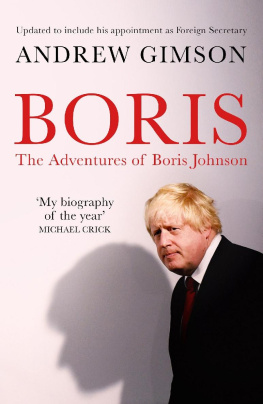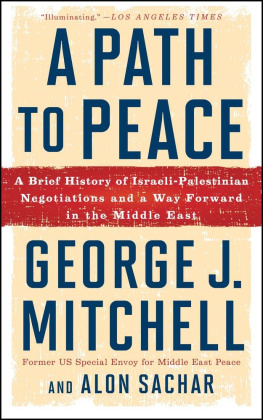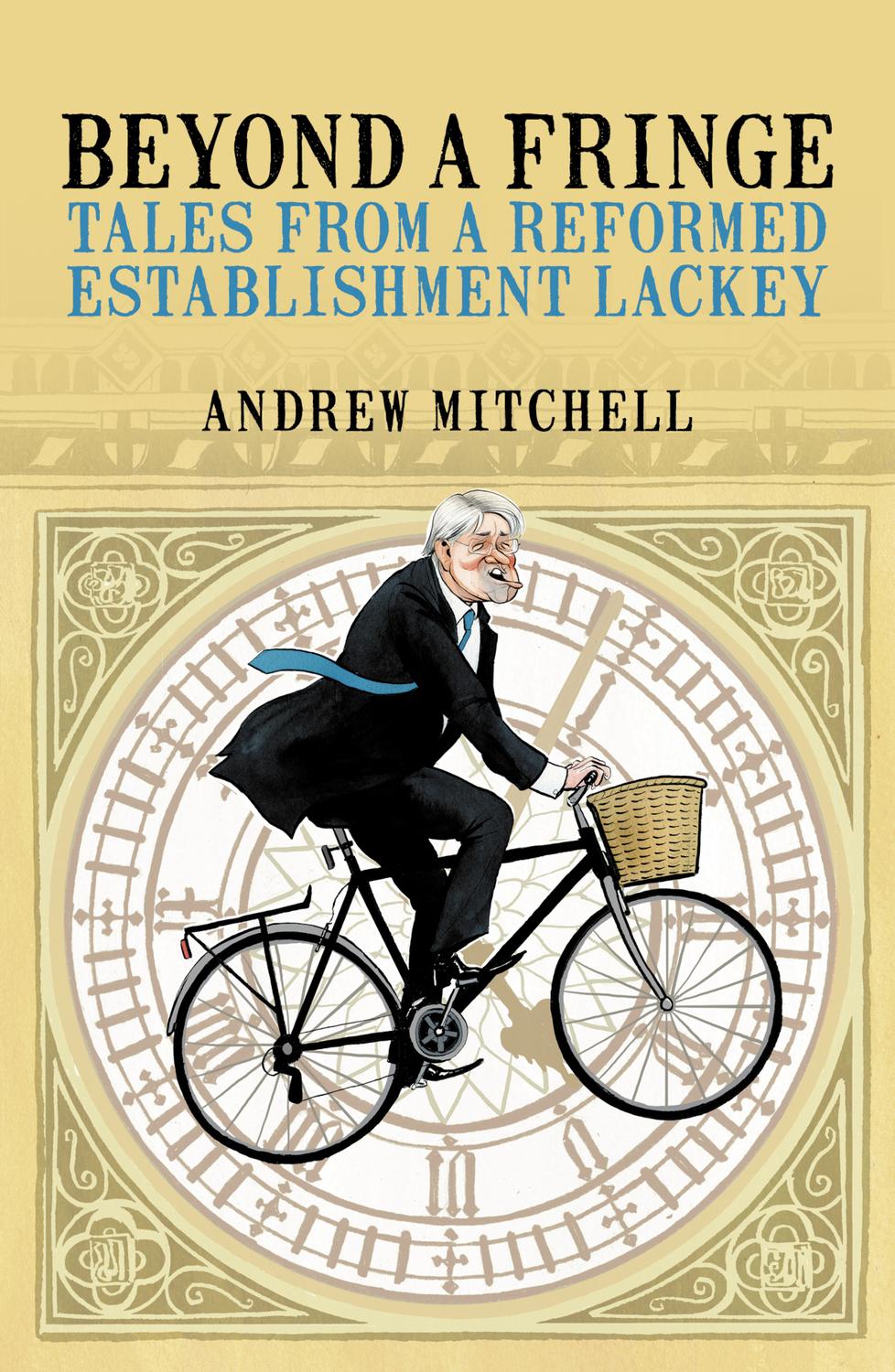T his is not a political work designed to justify or proselytise. I rather hope it may at least in part amuse. Mine is without question a privileged life. Born into a secure family, I learned about public service and politics around the kitchen table. Through my father, a respected member of the House of Commons, I had the considerable benefit of witnessing the pluses and minuses of a political career at one remove and before embarking on that journey.
Over the years, I seem to have passed through most British Establishment institutions: from prep and public school, the Army and Cambridge to the City of London, the House of Commons and the Cabinet. Many of these British institutions have changed beyond recognition, but the Establishment itself continues an Establishment from which I resigned in 2013, becoming rather more sceptical, cynical and wary of views I had previously accepted without question.
T he first indication that her son was an arsonist came in a call to my mother from the headmistress, Mrs Wallbank.
The Gatehouse in Islington, where I was a pupil aged six, was one of Britains first Montessori schools a form of education designed by an Italian physician which at its heart gave children freedom to decide how to learn. It may have suited some children, but it clearly did not suit me, and faced with a choice of diligently studying or running around with my friend Alaric making plasticine models and causing chaos, I opted firmly for the latter.
One afternoon, Alaric and I discovered a box of matches and decided to mount a sophisticated scientific experiment, dropping lighted matches through the gaps between the floorboards to see the effects. Before long, smoke started wafting up from beneath the planks. Mass panic ensued as the school was evacuated and the fire brigade called. I seem to remember trying to blend into the background as hysteria gradually subsided outside the school when four large shiny red fire engines showed up.
My anxious parents were summoned by the headmistress a formidable figure whose husband was the organist at St Bartholomew the Great, the schools church, where Sharon and I were later married. I can only imagine what was said, but my mother later told me that the punchline was: Your son is a thoroughly bad hat. We think his future probably lies in the Army.
These unfortunate events coincided with the discovery by my parents that, having opted for the plasticine type of education, my ability to read, aged nearly seven, was non-existent. They set about finding a school where I could catch up and their eyes alighted on St Davids in Elvaston Place. The headmaster, a genial old fellow called Dudley Durnford, was the public-facing image of the school. He had a sinister wife who taught the Winifred Durnford handwriting style with Stalinist menace, and a sadistic son, John, who regularly thrashed young children and was later convicted of actual bodily harm for caning a seven-year-old. I was absolutely terrified and apart from the fear I remember little except walking two-by-two past the Albert Memorial and learning to box in the school basement.
The cane was used vigorously as an instrument of discipline and encouragement, but within a year I could read, write and count to a sufficient standard to be accepted by Ashdown House, a well-respected school, now closed, located in beautiful countryside near Ashdown Forest in Sussex. Some years later, my brother Graham, who was also sent to St Davids, was removed from the school. Our parents noticed that every morning he had to have his fingers prised off the railings outside our house by the au pair before he could be carted off and delivered to the school. I can vaguely remember his daily screams of protest.
Ashdown House was a new world. In spite of the daily shock therapy administered by St Davids and the Durnfords, leaving the love and home comfort of my family was rather frightening. For the first month I was homesick: my teddy bear was dismembered by the head of my dormitory and I was deeply distressed to learn that Father Christmas was not preparing goodies to be delivered at the end of my first term. Like most other young English boys sent away to school at the age of eight, I soon had the open, sensitive disposition knocked out of me, replaced by closed, self-protective instincts.
The art mistress had custody of the new arrivals, and although I had (and have) zero talent for anything remotely artistic, I remember her as a warm and affectionate person. Amongst the other staff there were certainly misfits and perverts as well as talented teachers. I struggled with carpentry, run by a former RAF officer who gently warned me that my ambition to be an RAF pilot would flounder on account of my weak eyesight.
Colonel Fowler, a decorated officer who had fought against the Japanese in the Pacific and been twice wounded, taught geography. But we were far more interested in his war stories: Come on, sir, tell us about the time you were nearly killed. The colonel would willingly oblige. He had been part of an ambush and had been charged by a Japanese soldier who had carried on racing down the track towards the colonel as the latter emptied his revolver into his attacker. The soldier dropped dead at his feet. I vividly remember too his telling us that a group of Queen Alexandra nurses had been murdered under the orders of a Japanese officer, whose trial and subsequent execution after the war the colonel had made a point of attending. One of his colleagues had been incarcerated by the Japanese in particularly hideous conditions. On being liberated, he had joined his fellow PoWs in chasing after a cruel and sadistic Japanese camp guard. Once they caught him, they castrated him with his own samurai sword. The sword had been taken back to the UK and now hung over the colonels friends fireplace, still covered in the blood of its former owner. We boys listened agog, our eyes wide. No wonder I only scored 4 per cent in geography in my Common Entrance exam (hardly the best qualification for an International Development Secretary).
It was also suggested that the French master, Monsieur Gabain, had had a terrible war. A member of the French Resistance, he was said to have been caught by the Gestapo and hideously tortured. Boys would circle round him as he sat on his shooting stick, smoking his pipe and invigilating sports, surreptitiously eyeing up his shins, which were said to be scarred by appalling knife wounds inflicted on him by the Bosch. In hushed tones it was also confidently declared that he too had been castrated by the Germans although with hindsight this seems unlikely since his wife was the schools head matron and he had a six-year-old son.
In those days, we read trash mags late at night, stories in cartoon form from the Second World War. They were much enjoyed and did little harm while teaching us a somewhat select smattering of German. The need for this was heightened by the headmasters insistence that each weekday morning the whole school paraded on the square in front of the building before undertaking marching, which took place around the grounds. The headmaster recalled in solemn tones that before the First World War this prep school activity was the only training that some boys from the school had had before being sent off to the Western Front. Many of their names appeared on a board in the school chapel under the slogan dulce et decorum est pro patria mori. The headmaster was determined to continue the tradition in case the Germans decided to have another go.

